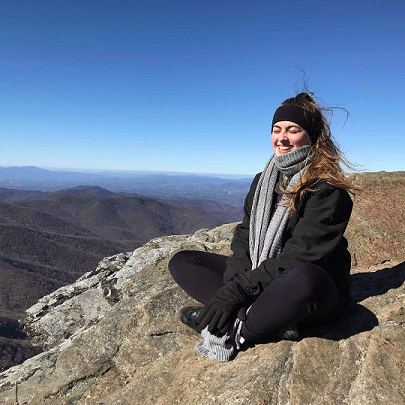Coffee is beloved everywhere for its energy inducing abilities and indulgent taste. However, the sad reality is that this backbone of the modern world generally comes at an unsustainable price.
The sustainability issues surrounding coffee can be seen at all stages of production- starting in the growing phase. Traditional farming practices have been passed on through families for decades, and because they were devised before the development of pesticides and fertilizers, these practices are chemical-free and cultivate healthy soil. This method of production is called shade-grown, as the coffee grows in shade beneath the forest canopy- how coffee naturally grows. However, this isn’t common practice.
To keep up with growing demand, most coffee is grown in full sun on land that has been cleared of trees. This method of growing is referred to as sun-grown. It hurts biodiversity, soil health, and water quality due to its use of chemicals and deforested land. In addition, a lot of farmers who grow using this method are usually treated unethically and aren’t paid a fair wage, and some are working under forced labor.

The next stage of coffee production, processing, is a source of waste and pollution. After coffee is picked, the bean has to be separated from the cherry. This process results in pulp waste, which is often dumped into aquatic ecosystems, harming soil and water health. The processing of coffee also requires a lot of water, and the processing plants discharge effluent that can be greatly problematic to water quality if not properly disposed of.
After the beans are processed, they’re pretty much ready to be packaged and sold. If you’re like 30% of Britons, you buy coffee that is packaged in plastic pods. These pods are only recyclable if you separate out the plastic components, which is relatively time-consuming. If you don’t buy the pods, you probably buy grounds packaged in plastic bags that aren’t recyclable or compostable. The brewing process also requires the use of paper filters, which require a lot of water and energy- not to mention they’re single-use.
The next stage in the coffee process is brewing, a process that ends with spent coffee grounds as a waste product. 500,000 tons of spent coffee grounds are created each year in the UK. If these grounds are sent to the landfill, rather than being reused or composted, they emit around 1,800,000 tonnes of carbon as they break down.
After your coffee is brewed, you need a vessel to put it in. Unfortunately, for the average coffee connoisseur, this vessel of choice is often a single-use paper cup. In the UK, 2.5 billion single-use coffee cups are used each year- this is enough coffee cups to stretch around the planet 5.5 times. These cups can’t be composted, because they’re generally lined with plastic, nor can they be recycled at most facilities.

Courtesy of The Rolling Bean
What You Can Do:
While each stage of the coffee production process has an unsustainable component, there is a lot that consumers can do to make their coffee habit more sustainable.
Buy shade-grown and fair trade coffee from producers who cultivate personal relationships with their farmers to ensure fair labor practices (Cafédirect, La Colombe, Deans Beans)
Buy your coffee in bulk with a reusable bag to avoid plastic packaging (learn how to make your own reusable bag out of scrap fabric here)
If you use a pod machine for your coffee, buy a reusable pod that you refill with coffee grounds each use
Use a reusable coffee filter rather than paper ones
Reuse your spent coffee grounds to create body scrubs, grow mushrooms, eliminate odors, and so much more
Refuse single-use coffee cups by using a reusable mug (preferably a mug or thermos that you already have on hand)

Kayla Guilliams
Is the blog manager for Zero Waste Club, combining her love for writing with her passion for all things environmental sustainability. She is currently a student at the University of North Carolina at Chapel Hill where she is studying journalism, environmental studies, and food studies in hopes of building a career in environmental activism. You can find her on Instagram as @kaylaguilliams.
